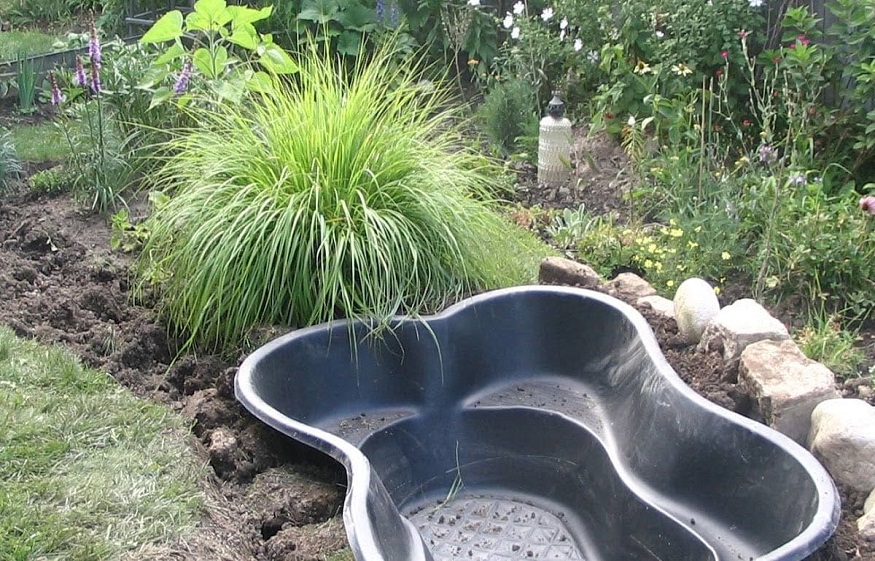How to Avoid Common Pond Filter Mistakes

An efficient filter system is required to preserve the water of a pond and its inhabitants in good condition. They support buffer water transparency, prevent the growth of algae, and offer a clearer environment to the participating fishes and aquatic plants. Unfortunately, numerous pond owners commit some mistakes while choosing their pond filters, installing them, or maintaining them. They can therefore cause issues such as water quality problems, issues with filtration, and even, issues with your aquatic life. In this article, we will take a look at some of the frequent blunders that hobbyists make about pond filters together with tips on how to avoid them.
-
Choosing the Wrong Size Pond Filter
Oftentimes, pond owners fail to choose the filter that would be appropriate to their pond –sometimes it is even less in size and sometimes even excessively large. If a filter is too small in its carrying capacity then it will not be able to filter the water in the pond sufficiently, and the water will remain murky. At the same time, the size of the filter may be too large for effective filtration, or there are too many additional and wasteful components.
How to avoid it:
It is recommended that you always use a filter that can suit the size of your pond with special concern for the water inhabitant capacity and plant cover. Common information about pond filters is the recommendation of the filter’s capacity regarding the size of the pond, which is usually measured in gallons. Generally, a filter should turn over the entire pond volume at least once every 2-3 hours, and depending on the pond’s stock density, it can maybe go for once every 4-5 hours.
-
Ignoring Proper Flow Rate
The flow rate of your pond filter is also important. It will not adequately wash out your pond if a filter moves too little water and at the same time, a filter that moves too much water puts pressure on your fish and uproots vegetation. The work of setting the flow rate is always tricky because it sometimes requires comparing two things.
-
Forgetting About Regular Maintenance
All ponds need good filtration and even the best pond filters need regular maintenance. One thing many pond owners fail to do is to clean or replace their filter media and as such have clogged filters and bad water. Such a situation if persisted can lead to the accumulation of undesirable substances in the water waters affecting fish and plants.
How to avoid it:
Develop the routine servicing of the pond filter. Change the filter pads and media, every two to four weeks if your pond gets very dirty. Lastly, biological filters should not be cleaned frequently, you want to maintain the bacteria that are good for the bio media in decomposing the wastes.
-
Not Considering the Type of Filter Media
The filter media plays different roles: it is mechanical, biological, and chemical: all contribute to the pond water quality. A common mistake most pond owners make is overwhelming reliance on one type hence getting inefficiency in filtration.
How to avoid it:
It is equally important to use a combination of mechanical, biological, and where necessary chemical media in your filter. Mechanical media include foam pads that can trap debris and particles along with the biological media of bio-balls or ceramic rings which offer a surface to culture good bacteria to decompose organic waste. Some people use chemical media like activated carbon for smells or to get rid of certain things, but usually, it is not needed in ponding.
Conclusion
If you are using a pond filter for your ponds then you should be careful and avoid the above-mentioned mistakes if you are to have a clean and healthy pond all year round. Selecting an appropriate filter, properly cleaning it, and availing a pond overrun by plants and fish stock are ways to achieve this. Routine maintenance and continuous monitoring will see your pond filter remain the backbone of the healthy and glowing pond.






